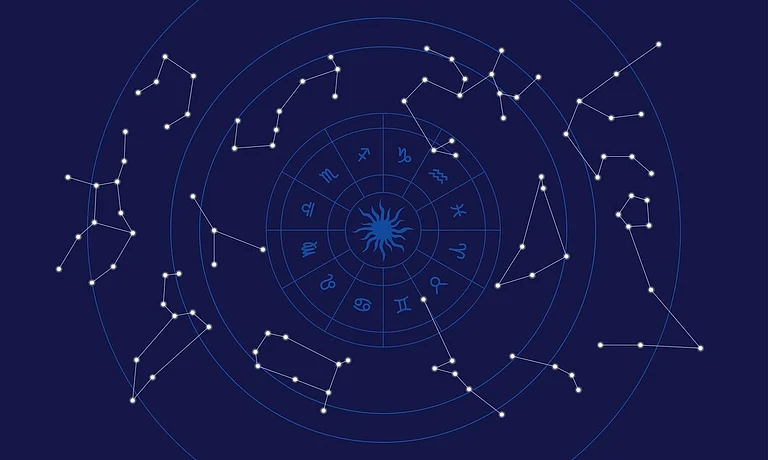Raksha Bandhan, or Rakhi Purnima, is a lovely 온라인카지노 holiday that honours the special tie between brothers and sisters. Building love within one's family and asking for blessings to keep one safe is still the main focus. Nevertheless, the customs and traditions of various regions of India are diverse. The dates of Raksha Bandhan 2025 are set for Friday, August 8 and August 9. We'll look at how this important festival is celebrated across India's ethnically diverse areas.
North India - The Heartland of Rakhi Traditions:
In states like Uttar Pradesh, Punjab, Haryana, Himachal Pradesh, Delhi, and Rajasthan, Raksha Bandhan is celebrated with great enthusiasm.
Morning Rituals: Sisters make a thali (plate) with sweets, rice, vermilion (roli), and a diya. They do aarti, put a tilak on their brother's forehead, tie the Rakhi around his wrist, and give him sweets.
Gifts and Blessings: In exchange, brothers promise to look out for their sisters and offer them presents. Festive dinners are also a common occurrence for many households.
Community Events: Rakhis are tied to police officers, doctors, and soldiers in Lucknow and Delhi by women's groups, social clubs, and kids as a sign of respect and solidarity.
Western India - A Mix of Traditions and Local Culture:
Maharashtra - Narali Purnima and Raksha Bandhan:
The Koli (fishing) community in coastal Maharashtra celebrates Narali Purnima at the same time as Raksha Bandhan. Fishermen give coconuts (naral) to the sea to calm Lord Varuna, the sea god, and pray for safety and a fruitful fishing season. Simultaneously, women tie Rakhis to their brothers, combining familial and occupational blessings in one festival. In urban areas like Mumbai and Pune, the day is marked by sweets like modak, puran poli, and festive wear.
Gujarat:
Gujaratis celebrate Raksha Bandhan with spiritual fervour. Many temples hold special Rakhi offerings, and raksha-sutras (sacred protection threads) are also tied to idols of deities.
Eastern India - A Blend of Simplicity and Devotion:
West Bengal:
Raksha Bandhan and Jhulan Yatra, which commemorate the divine love between Radha and Krishna, frequently occur concurrently in West Bengal. In order to demonstrate their affection and safeguarding, individuals tie sacred threads to Lord Krishna and Radha. Bengali families have a tradition where sisters tie Rakhis and present sweets like rasgulla and sandesh, just like in North India.
Odisha:
Here, Raksha Bandhan is observed as Gamha Purnima, and it’s not just for siblings.
Boys and men participate in rituals to honour Lord Balabhadra (Balarama), the elder brother of Lord Krishna. Sisters tie Rakhis to brothers, but often cousins, friends, and neighbours are included, expanding the circle of affection.
Bihar and Jharkhand:
In these states, Raksha Bandhan has a religious bent. Siblings participate in customary ceremonies at home, while priests at temples bind raksha-sutras on the wrists of worshippers.
Southern India - Shravan Purnima and Religious Observance:
In southern India, Raksha Bandhan isn't as frequently celebrated, but some groups do observe it spiritually.
Tamil Nadu, Kerala, and Andhra Pradesh:
The day is observed as Avani Avittam or Upakarma by Brahmin men. Men change their yajnopavita (sacred thread) after a ceremonial bath and recitation of Vedic mantras. It is a renewal of Vedic learning and a spiritual re-commitment, often marked by offerings to ancestors. In urban families, especially in cities like Chennai and Hyderabad, Rakhi traditions are increasingly adopted.
Karnataka:
Some groups mark Shravana Purnima by fasting and going to the temple. More and more families are tying Rakhis these days.
Central India - Faith and Family First:
Madhya Pradesh and Chhattisgarh:
These states observe Raksha Bandhan with traditional rituals similar to northern India. Sisters visit their brothers or send Rakhis by post if far away. Tribal communities also observe the festival with folk songs and dances, making it a cultural gathering.
Himalayan and Northeastern States - Spiritual and Cultural Fusion:
Uttarakhand:
Raksha Bandhan is paired with Janopunyu Sanskar, a ceremonial thread-changing ceremony that Brahmins do in the hills. People go to temples, bathe in rivers as part of a ceremony, and wear new sacred threads. In some parts, Rakhi is tied to trees or animals as a prayer for the protection of nature and livestock.
Assam, Sikkim, and Meghalaya:
While Raksha Bandhan is not a native tradition, urban Assamese and Nepali communities, particularly in Guwahati and Gangtok, celebrate it. Local versions involve tying protective threads to family members and participating in community feasts.
Celebrating Raksha Bandhan in Modern India:
As people become more aware of globalisation and migration, Raksha Bandhan has become a celebration that brings people together all over the world. Rakhi is connected between people of all ages and genders in schools and offices to show trust and solidarity. Rakhis are also tied to soldiers, doctors, and police officers, acknowledging their protective roles in society. Video chats, electronic Rakhis, and internet giving have made it possible for siblings on different continents to participate in the event remotely.
Cultural Syncretism - Beyond Blood Relations:
Some 온라인카지노s associate Rakhi with friends, spiritual mentors, or even forests and rivers, expressing a broader notion of protection and caring. Rakhi is a bond, prayer, and vow; therefore, this symbolic growth displays the festival's power.
Raksha Bandhan 2025 will unite millions of 온라인카지노s and others worldwide to celebrate love, duty, and protection. Whether practised online or in temples, acknowledging links that protect, nourish, and uplift is the same. Raksha Bandhan connects India's diverse cultural environment, from Maharashtra's beaches to Bengal's sacred locations, from the Himalayas' foothills to a bustling metropolis.

















